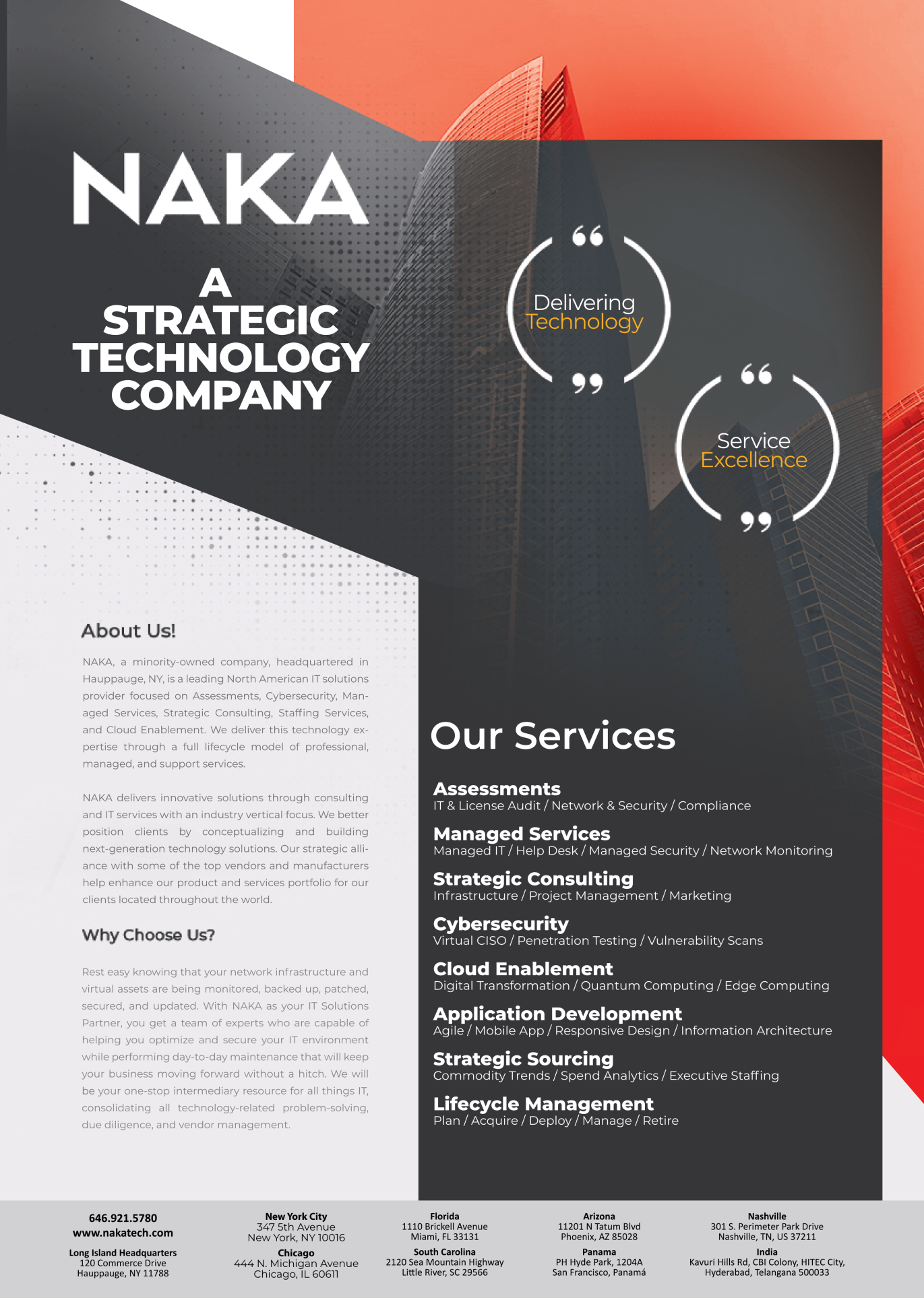10 Digital Marketing Strategies for Education Industry

10 Digital Marketing Strategies for Education Industry
The marketing plan for the education sector is swiftly evolving in terms of technology and consumer preferences. Educational institutions must use cutting-edge marketing strategies to engage audiences, create deep connections, and increase enrollment as they negotiate the digital terrain. The education industry is seeing a revolutionary change toward digital marketing methods catered to the changing demands of today’s learners, from using data analytics to personalize outreach efforts to creating engaging content that connects with potential students.
Why does the Education Industry need Digital Marketing?
Digital marketing is necessary for the education sector to adjust to consumers’ changing needs and technology’s rapid growth. In the current digital era, prospective students are depending more and more on internet resources to investigate educational options, evaluate schools, and make well-informed judgments regarding their academic path.
With the help of digital marketing, educational institutions may connect with students wherever they are. They can use email, social media, and search engines to interact with a wide range of people and highlight their special selling points. Institutions can use digital marketing to reach a wider audience, successfully target particular demographics, and maximize return on investment from their marketing dollars.
Furthermore, digital marketing gives organizations useful information about audience preferences, allowing them to better target their messaging, hone their tactics, and increase enrollment. In a changing and connected world, educational institutions may maintain their competitiveness, improve brand awareness, and build genuine relationships with potential students by embracing digital marketing.
10 Digital Marketing Strategies for Education Industry
The education industry has an endless scope for growth and that means you can leverage that by using the best digital marketing strategies. So, let’s examine 10 effective digital marketing techniques designed especially for the education sector that will help your business soar.
Search Engine Optimization (SEO)
SEO is essential for educational institutions to draw in prospective students who are actively looking for academic programs, courses, or educational materials by increasing organic traffic to their websites. Researching keywords, creating high-quality content, generating backlinks, on-page optimization, and technological optimization to guarantee a flawless user experience are all essential elements of SEO.
Content Marketing
Educational institutions can use content marketing to highlight their areas of expertise, offer insightful commentary, and meet potential students’ informational demands. Blog articles, ebooks, whitepapers, infographics, films, webinars, and other content formats can be used to offer educational materials, respond to commonly asked questions, and exhibit thought leadership in the field.
Social Media Marketing
Educational institutions can post information about events, faculty accomplishments, student testimonials, campus updates, and pertinent content on social media. The efficiency of social media marketing campaigns in the education sector can be increased by incorporating captivating images, compelling narratives, user-generated material, and targeted advertisements.
Email Marketing
Email marketing is a useful tool that educational institutions may use to deliver targeted communications, distribute insightful content, publicize forthcoming events, and give deadline and admissions process updates. In the education sector, segmentation, automation, A/B testing, and responsive design are essential components of successful email marketing campaigns.
Pay-Per-Click (PPC) Advertising
PPC advertising can assist educational institutions in generating leads, driving website traffic, and increasing visibility. Campaigns can be designed to target particular keywords associated with academic programs, courses, or campus amenities, guaranteeing that users who are actively looking for pertinent information will see the advertising. To get the most out of PPC campaigns, you need to optimize landing pages, ad extensions, ad wording, and conversion tracking.
Influencer Partnerships
To increase their reach and reputation, educational institutions should collaborate with influential people including alumni, faculty members, student ambassadors, and industry experts. Influencers can foster a more personal connection with their audience by producing real content, sharing personal stories, and endorsing educational programs. This increases audience engagement and registration.
Video Marketing
Educational institutions can use video marketing to highlight virtual tours, student testimonials, faculty expertise, academic programs, campus life, and educational resources. Video content can be published and promoted on platforms like Vimeo, YouTube, and social media channels, which can reach many parents and potential students. Video marketing may be made more effective by using captivating storytelling, excellent production, and social media and search engine optimization.
Website Optimization
An optimized website is a virtual storefront for educational institutions, offering details about their academic offerings, entrance requirements, campus amenities, financial assistance choices, and student support services. Search engine-friendly architecture, clear calls-to-action, quick loading speeds, logical navigation, user-friendly forms, and mobile responsiveness are all components of an optimized website. To make sure that the website fulfills the demands and expectations of potential students, it is imperative to do routine testing, optimization, and monitoring.
Online Reputation Management
To quickly handle any negative feedback and magnify any favorable emotion, educational institutions need to carefully monitor social media mentions, online reviews, and discussions. Getting happy instructors, students, and alumni to write testimonials and share their experiences can help the school become more reputable and well-known. Three essential elements of successful online reputation management in the education industry are transparency, responsiveness, and authenticity.
Data Analytics and Insights
Institutions of higher learning can monitor website traffic, user behavior, engagement metrics, conversion rates, and campaign performance by utilizing data analytics tools and platforms. Institutions can see patterns, comprehend audience preferences, improve marketing tactics, and deploy resources wisely by evaluating this data. A data-driven strategy guarantees maximum impact and return on investment by enabling ongoing optimization and development of digital marketing initiatives.
Conclusion
In summary, the ten digital marketing tactics discussed here provide educational institutions with a clear route to success in the contemporary world. Institutions may increase enrollment and reach by embracing SEO, content marketing, and social media involvement. They maintain their relevance and effect by staying ahead of trends through data-driven insights and ongoing optimization.



